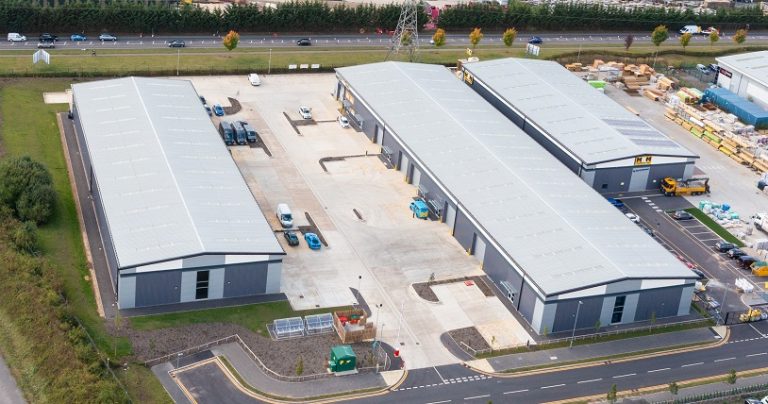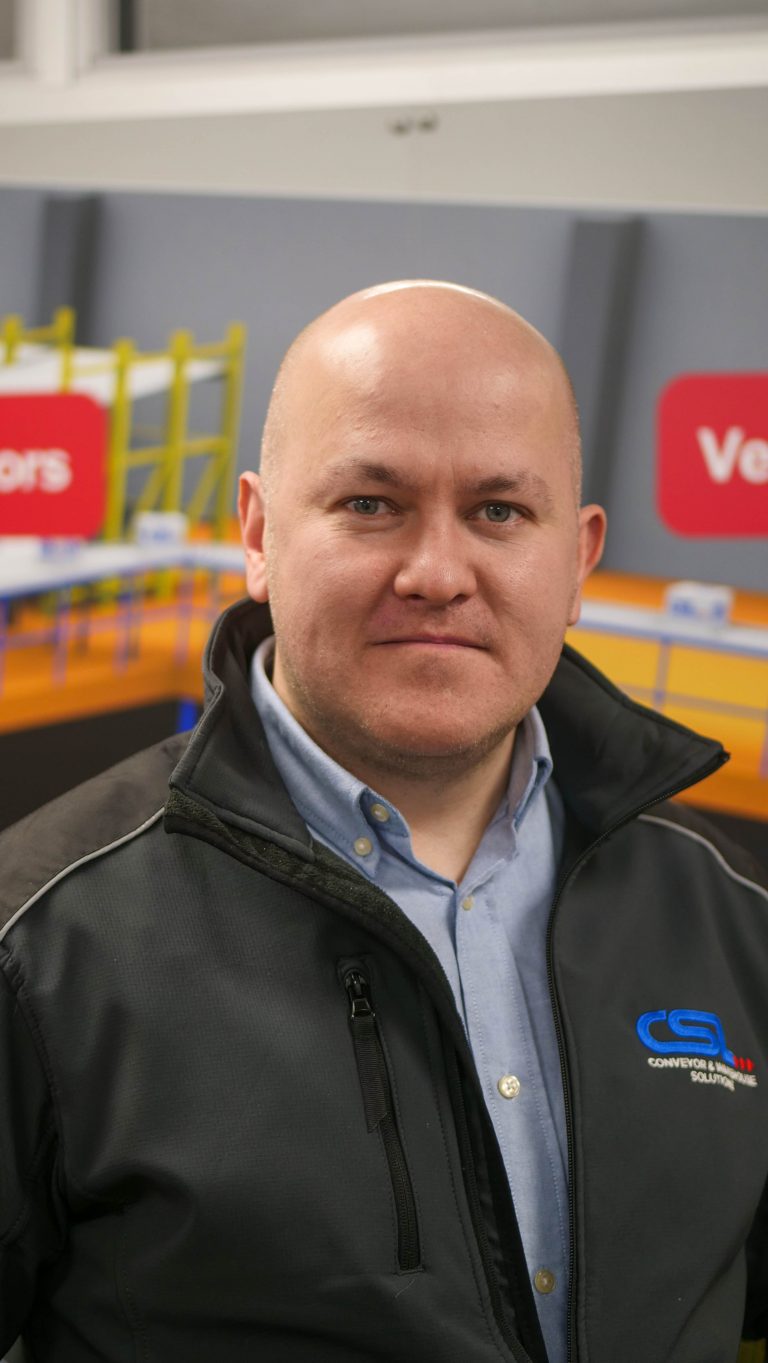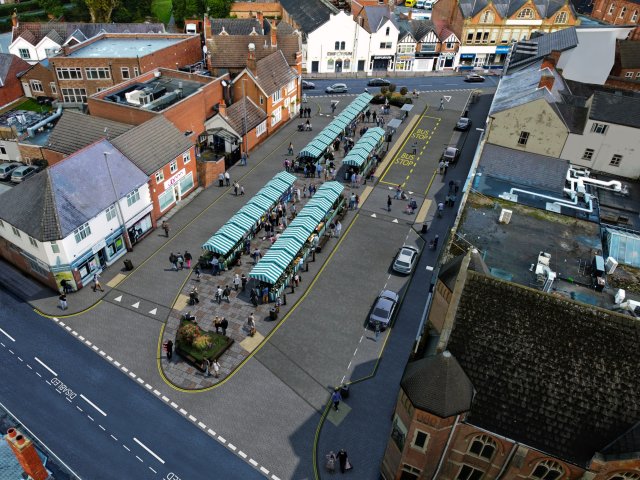Business whose trade was affected by the surge in Omicron coronavirus cases have just over two more weeks to apply for a share of one of two grant schemes designed to help them.
The two grant schemes, which are administered by Leicester City Council on behalf of the Government, are designed to help support hospitality, leisure, accommodation and personal care businesses in the city whose trade has been hit due to the number of Omicron cases.
Businesses must apply by Friday, March 18.
The Omicron Hospitality and Leisure Grant (OHLG) is available to hospitality, leisure and accommodation businesses which were offering in-person services on the premises, which were the direct ratepayer, and which were trading on December 30, 2021.
Those eligible include businesses such as restaurants, pubs, cafes, cinemas, casinos, art galleries, tourist attractions, event venues, nightclubs, theatres, hotels and B&Bs, as set out by the Government.
The exact amount of grant depends on the rateable value of the business premises, and ranges from £2,667 to £6,000. It is a one-off payment.
The city council estimates that over 1,000 local businesses are eligible for the grant. Grants totalling £2.6m have already been paid to 800 businesses.
The second grant scheme is a discretionary grant fund, set up by the council using £675,000 of Government funding. This is called the Omicron Additional Restrictions Grant.
These discretionary grants are available to sole traders and micro/small/medium-sized businesses which occupy business premises subject to business rates.
The business must be trading and does not have to be the direct ratepayer. Grants totalling £300,000 have already been paid to 100 businesses. Personal care businesses are now eligible to apply.
The types of business that can apply are:
- Hospitality, leisure and accommodation businesses, which are not the direct ratepayer
- Travel agents and tour operators
- Hospitality and leisure businesses that have been supported by the council through previous discretionary grants
- Suppliers to the leisure, hospitality, events and accommodation sectors
- Gym and sports businesses
- Places of public worship with defined community facilities
- Personal care businesses, such as hairdressers, barbers and beauty salons
Again, the exact amount of grant depends on the rateable value of the business premises and the funding available. The maximum grants range from £2,667 to £6,000.
Leicester City Mayor Peter Soulsby said: “We know that the surge in Omicron cases affected many businesses across the city, particularly during what would normally have been a busy time in the run-up to Christmas and into January.
“These grants can provide much-needed financial support, and 900 businesses have already received grants.
“We tailored our own discretionary grant to address some of the gaps in eligibility, carefully considering which business types and business sectors can be supported with this limited funding.
“It means that personal care businesses can now also apply for a discretionary grant.
“I’d urge businesses to check whether they are eligible and, if so, make sure they claim the help to which they are entitled.”













